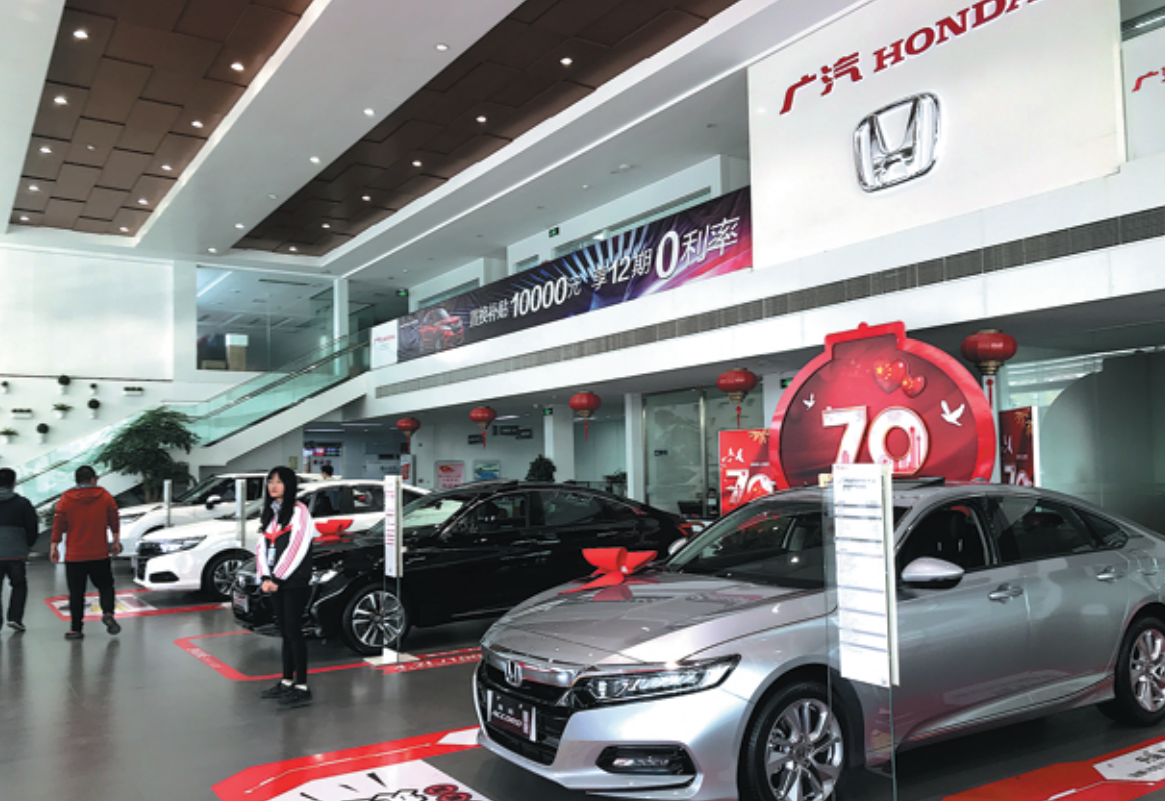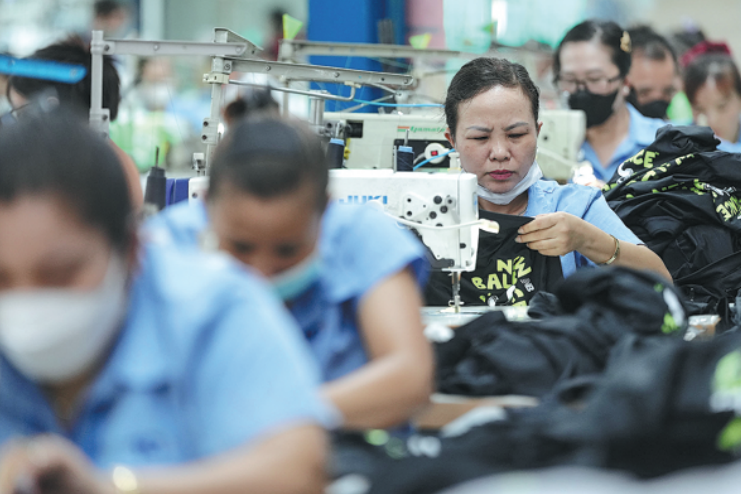Industry bodies call for license plate quotas to be lifted


There are six mega cities and one province that have put in place measures to limit vehicle sales: Shanghai, Beijing, Tianjin, Hangzhou in Zhejiang province, Guangzhou and Shenzhen in Guangdong province, and Hainan province.
Most of these cities limit the annual quota to around 100,000, leaving a growing number of people wanting cars unable to buy them.
In Beijing, for example, as of the end of February, there were over 3.3 million people participating in the city's lottery draw system to win a gasoline vehicle license plate.
In the same month, more than 400,000 applicants queued to get plates for electric vehicles which are handed out on a first-come-first-served basis.
At the current rate, it would take around 9 years for all of them all to get number plates.
"Increasing the quota in Beijing is crucial to boosting car sales in 2020," Cui said. He said the original intention of the measures that cities introduced were to alleviate traffic congestion, but there are now other measures that can achieve similar, if not better, results.
For example, local authorities can levy road charges and use smart infrastructure to optimize the potential of the current road network, he said.
Shi Jianhua, a deputy secretary-general of the China Association of Automobile Manufacturers, has repeatedly called for the authorities to leave the market to the market and cancel restrictive measures to create a healthy auto industry.
Late last month, the Ministry of Commerce called for similar measures to stabilize vehicle sales.
"We encourage local authorities to stimulate sales of new energy vehicles, offer a larger quota of license plates and favorable tradein policies," said Wang Bin, a senior official in charge of consumption.
Before the ministries aired their opinions, local authorities in Foshan, Guangdong province, introduced their latest incentive. Starting March 1, local residents that place orders for vehicles can receive a subsidy of up to 5,000 yuan ($711.7).
Soon after, the Guangdong provincial government issued a statement calling on the cities of Guangzhou and Shenzhen to ease their license plate quotas.
On Thursday, the Guangzhou government said it will offer subsidies for new energy vehicles and trade-in vehicles as part of a 48-article document to boost overall consumption in the city.
Other cities in the country are yet to follow suit so far.
Both officials and analysts said there is still plenty of room for growth in China's auto market in the long run and demand is robust. Vehicle sales will rebound as people's lives returns to normal when the epidemic is controlled, Wang said.




































